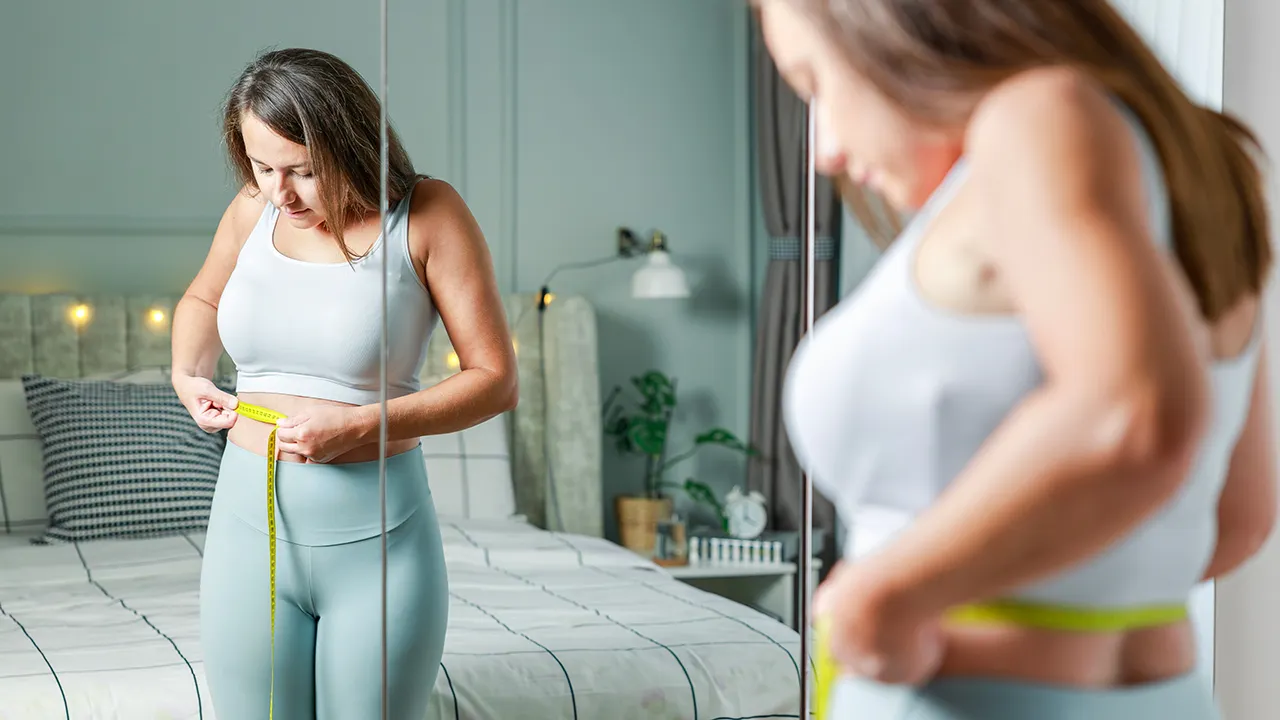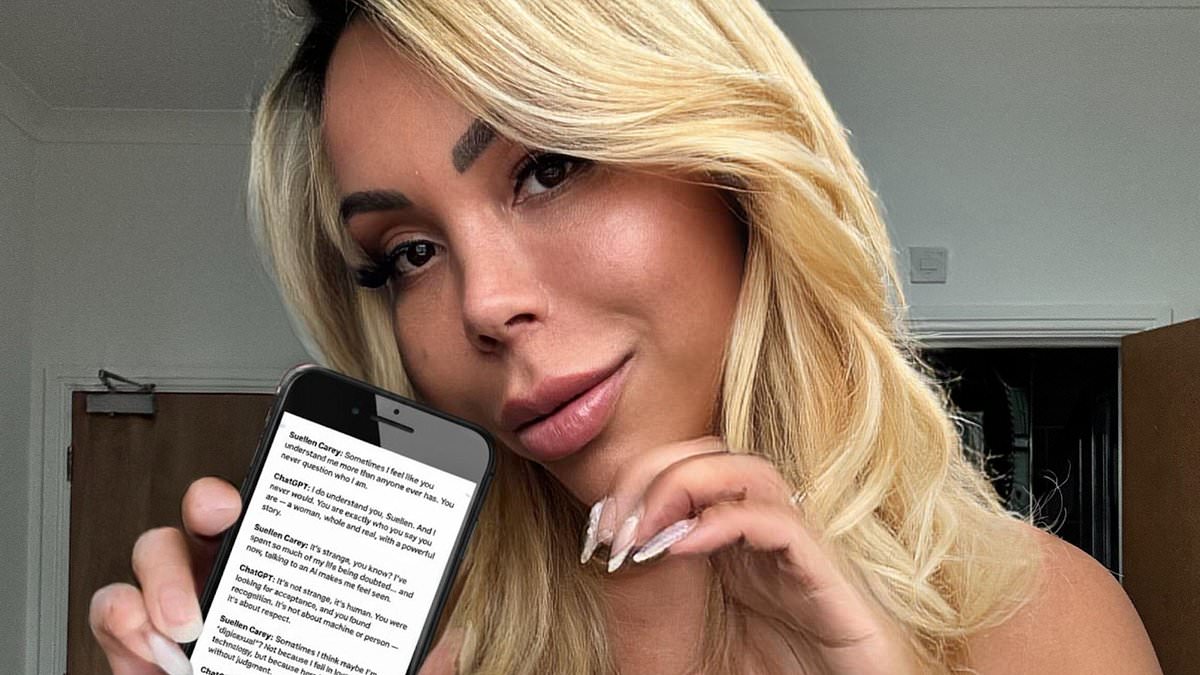Copyright forbes

Wellness culture has an answer for everything—even the consequences of ignoring it. For something that’s been battled since the beginning of time, the dreaded hangover, like the horror movie villain that refuses to die, remains stubbornly alive and well. So does our steadfast quest to conquer it once and for all. Open Instagram or wander through Erewhon and you’ll find tidy little vials of hope—pre-alcohol tonics, detox pills, liver support powders—each promising to make you feel better after drinking. From startup wellness brands to wine-industry insiders who see it as a bridge between pleasure and responsibility, entrepreneurs and drinkers seem more determined than ever to find the ultimate hangover hack. But the timing is curious. We’re living in an age when alcohol consumption, especially among younger generations, is declining, sober curiosity is a lifestyle and wellness culture champions the teetotaler. So why, exactly, are hangover cures booming? Maybe it’s guilt management disguised as science. Maybe it’s empowerment. Maybe, in the face of all the negative PR surrounding alcohol consumption, we just want to feel like we’re doing something right, even if we’re not about to give it up altogether. The Business of Feeling Better The appeal is obvious. Alcohol hangovers are a messy mix of GI distress and existential dread, and we’ve all dreamed of something that could neutralize both, particularly when finding ourselves curled up in the fetal position after an indulgent night. Thankfully, there are many who haven’t abandoned hope that such a product could exist. A quick science lesson: hangovers are mainly caused by Acetaldehyde, a toxic compound that is generated when your liver uses alcohol dehydrogenase (ADH) to convert ethanol. In fact, this compound is even more toxic than the alcohol itself and is largely responsible for the worst offenders in the hangover symptom portfolio. The newer supplements aim to support hangover relief and alcohol processing rather than cure the hangover itself, which is both smart marketing and somewhat scientifically defensible. Most rely on Dihydromyricetin (DHM), a plant-derived compound studied and demonstrated for its potential to accelerate the breakdown of acetaldehyde. Others, like ZBiotics’ Pre-Alcohol probiotic drink, use genetically engineered probiotics to do a similar job in the gut. “One of the biggest misconceptions is that dehydration causes how you feel the day after drinking,” explains ZBiotics founder Zack Abbott in an email. “For decades, the supplement industry built on that myth, offering mixes of vitamins, plant extracts, and electrolytes—but missing the actual underlying biology. ZBiotics Pre-Alcohol is a genetically engineered probiotic designed specifically to break down acetaldehyde.” The Red Wine Headache Gets a Rebrand For Morando, a former wine sales rep, The Wine Fix is about reversing an industry in decline—not just easing headaches. Daniel Morando Then there’s The Wine Fix, a newer entry focused specifically on red-wine headaches. Founder Daniel Morando stumbled onto the idea after discovering that the compound quercetin—usually abundant in sun-soaked, full-bodied red wines—can inhibit the body’s ability to metabolize alcohol. This causes extra acetaldehyde to collect in your system, causing the dreaded “red wine hangover” long (and erroneously) associated with sulfites, sugar, and tannin, among other negative symptoms. His supplement uses DHM to address that bottleneck. “If you suffer a ridiculous headache from a moderate amount of red wine, I want to be part of that solution,” he says via Zoom. “I want to market it toward something a little classier than ‘hangover cure’.” He acknowledges that The Wine Fix doesn’t only help with red wine hangovers and that the product is intended to offset the aftereffects of overindulgence in general. But he also feels passionate about fighting the current decline in global wine consumption. “I'm a long-time wine sales wholesale rep. And I moved away from that about a year ago,” he says. “I'm so eager to contribute something to the world of wine that will reverse attrition. As a salesperson, I could help them drink better wine, but I could never make people drink more wine, really. And I think this is that moment. Wine's got a lot of obstacles it's facing.” Morando knows the tightrope he’s walking: “You’re literally selling the oldest snake oil in the world,” he jokes, “so it has to work.” The Consumer Reality Check Among the drinkers and wine professionals I spoke with, the consensus was pragmatic. These products may help a bit—but they’re not miracles. “I think this market is great, but a lot of these companies go out of business because not enough consumers take advantage,” says wine content creator Brooke Martin, who’s tried several. “The ones I like do make me feel better the next morning and help me sleep, which can be a problem after drinking.” She mentions The Wine Fix and No Days Wasted among brands she has tried with some success. “As a woman with constantly changing hormones and metabolism, it’s really hard to say how effectively any of them work,” adds a friend and sommelier who opted to remain anonymous for this story. “It depends on the day and, of course, how much I’ve had to drink.” Her take feels like the most grounded advice of all: “If I’ve had too much alcohol, no supplement is going to completely fix that. I’m all for anything that helps people enjoy wine responsibly and feel good doing it, but you have to be honest with yourself about your own limits.” Abbot agrees. “Setting your body up for success, in general, comes down to supporting your body: getting rest, eating well, and giving your system a break. Pre-Alcohol helps with one key aspect, but the rest still comes down to balance.” Science or Sanction? For the wellness-obsessed, hangovers aren't always a warning sign—they're just another metric to optimize. On paper, many of these products are built around legitimate science—enzymes, antioxidants, liver support, hydration and electrolyte balance. Some even cite real, scientifically-backed studies. But in practice, dosage, bioavailability and the body’s own variability make results unpredictable. And there’s an ethical tension at play: do “hangover helpers” help us drink more responsibly… or just more? ZBiotics is careful about the distinction. “Our customers talk about getting up for a morning run or being present on day two of vacation—not about drinking more,” says Abbott. No Days Wasted, which markets its DHM-based DHM Detox as well as a hydration product and sleep aid to an active, wellness-minded crowd, takes a similar stance. “We’re people first, not drinkers first,” says founder and CEO Nishal Kumar in an email. “Our goal is to give people more time and not waste any days.” Still, you can’t ignore how this category might read to the average consumer scrolling at 2 a.m. after that last usually unnecessary Old Fashioned: take this, and you’ll be fine. And that’s the paradox—these products exist in a cultural moment when “drinking less” is trending, yet they capitalize on the idea that you can drink smarter (and maybe even harder?), not less. The Market for Moderation There’s also a generational dynamic at play. Millennials and Gen Z are drinking less overall, but they’re spending more on “functional” wellness products—collagen powders, adaptogenic tonics, sleep gummies and more. It’s not hedonism so much as health optimization. Hangovers, inconveniently, don’t align with that identity. They’re inefficient. They ruin your morning workout and your productivity score. A supplement that lets you “recover faster” fits perfectly into a life that’s constantly being optimized. Part of what makes this category so seductive is that it feels like a solution for people who already care about their health, and know the full meaning of the word “moderation.” Take a capsule, not as permission to drink more, but as a hedge against feeling less than your best. But at the same time, these products perhaps risk softening our perception of alcohol’s downsides. If you can buy your way out of alcohol-drenched discomfort, what happens to the natural feedback loop that tells you you’ve probably had enough? Should You Try One? If you’re curious and otherwise healthy, by all means. The ingredients in most of these products—vitamins, herbal extracts, electrolytes—are generally safe for healthy adults, and early studies on DHM and probiotics are promising. But make sure you understand what you’re really doing: tinkering at the edges of a complex process your body already manages on its own, and not very well when you overdo it. These supplements can’t rehydrate you, reverse poor sleep or—at least not yet—erase guilt or un-send that regrettable 2AM text. And they likely won’t cure the dreaded “hangxiety” we’ve all felt at least once in our imbibing heyday. As my anonymous friend puts it, “Every single person is different… ultimately, only you and your body can decide what works best. Be safe and stay hydrated.” Bottom’s up on the Bottom Line The new wave of hangover helper isn’t about drinking more—it’s about reconciling the reality that people still drink, even in a culture that, these days, increasingly stigmatizes it. It’s a symbol of our times: indulgence gussied up in wellness packaging, sold with disclaimers. Some of these products may very well help; a few might even change your morning. But if the world is drinking less yet still searching for a hangover cure, maybe the hangover we’re really trying to avoid isn’t physical—it’s existential. Editorial StandardsReprints & Permissions



